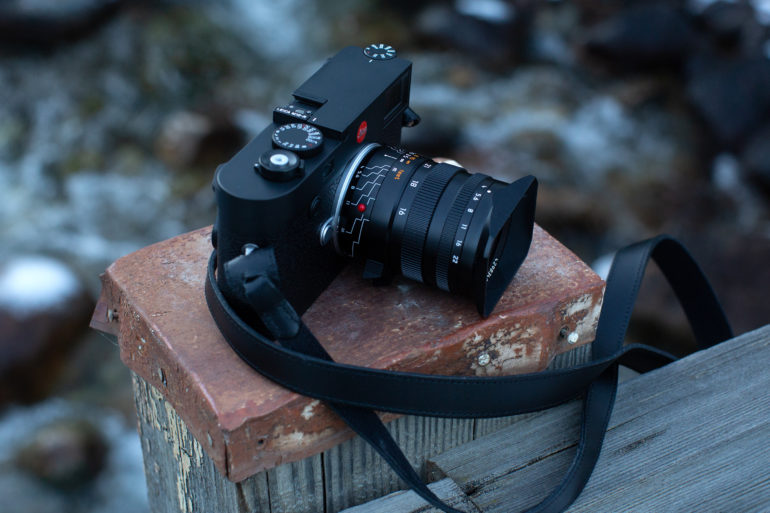
Spread the love
Chinese third-party lens manufacturers have proved that they can do well. Companies like Viltrox, Thypoch, Light Lens Lab, Loawa, 7Artisans, and more have worked to build great lenses that are affordable and also create nice images. For instance, Laowa 20mm f4 Zero-D Shift, Viltrox 28mm f4.5, and Thypoch Eureka 50mm f2 are some third-party Chinese lenses that performed well in our review. Sure, they may have some shortcomings, but it is always with regard to the lack of weather sealing. Joining the list now is a new Chinese lens for the Leica M cameras, which may be liked by many. So what is the Mandler 35mm f2?
According to Leica Rumors, a new Chinese third-party lens is on the way for M-mount cameras. The name of the company is not revealed in the post, but the lens in question is called Mandler 35mm f2. Per reports, the lens is a tribute to Dr Walter Mandler, who was one of Leica’s top optical designers, from 1960s to the 1980s.

The Mandler 35mm f2 is said to be a replica of the iconic original Leica Summicron 35mm f/2 seven-element lens, and is set to be unveiled in June. In the initial years, per Ken Rockwell, the original Summicron lenses had 6 and 8 lens elements. It was only in 1979 that we saw a 7-element Summicron lens, which was also called version 4 by some. The lens had a 39mm filter, 156g weight, 7 elements, and 10 blades. If the Chinese version is a replica, there are chances the ingredients are the same, but with more refined glass for today’s use. At the moment, we don’t have any specs, but from the looks, the lens looks similar to the 1979 version. However, one major distinction could be the price, when it is launched, and perhaps, the sharpness. But we will know that for sure later.

Like the Mandler 35mm f2, another Chinese company, called Polar, also launched the Polar Solaron-M 35mm f2 back in 2023. From the looks of it, the craze for vintage lenses does not seem to have died down, with reports of the Chinese lens maker to launch more lenses in the future. One of the reasons could be that the original Leica M vintage lenses will be hard to find, and could cost ten times more than the Chinese version would. An example is shown above.
It remains to be seen what the Mandler 35mm f2 can do. But we believe the Chinese lens won’t be reinventing the wheel.

